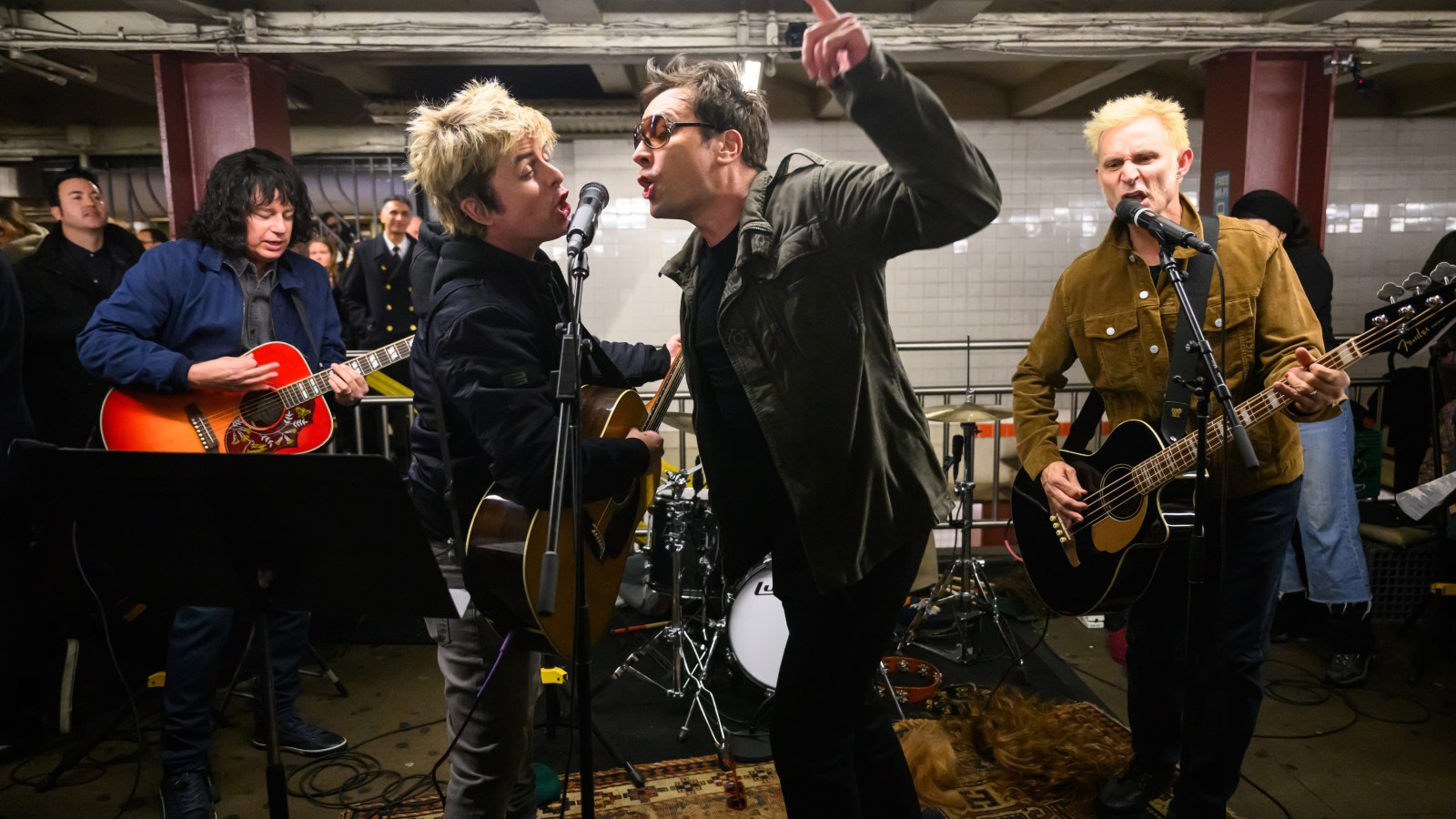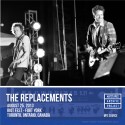What a difference a decade makes. “If I had to write that song again, I probably would make an edit on it,” Katy Perry recently told Glamour magazine of her 2009 breakthrough hit, I Kissed a Girl. “Lyrically, it has a couple of stereotypes in it. Your mind changes so much in 10 years, and you grow so much. What’s true for you can evolve.”
Given that I Kissed a Girl is little more than a piece of titillation – “I hope my boyfriend don’t mind it / It felt so wrong / It felt so right” – I’m not at all sure removing a couple of stereotypes from it would make much difference. And there was no mention from Perry of her contemporaneous and even more are-you-really-sure-you-want-to-go-there Ur So Gay.
But the impulse is right, and one as old as song itself. Folk songs changed lyrics to fit geographical and temporal needs, or just because the lyrics got lost along the way in ages when they were not recorded on paper or on tape. The growth of recorded music, and of the mass market for music sales and performance, hastened the process.
At one end of the spectrum are the lyric changes that seem halfhearted at best, a will-this-do shrug. Like the Rolling Stones altering the lyric of Stray Cat Blues in live performance, so Mick Jagger is no longer inviting a 15-year-old girl and her friend to have it off with him. “It’s no hanging matter,” he insists. “It’s no capital crime.” No, but it will get you a prison sentence and intense disapproval. So these days Jagger sings instead of a 16-year-old girl. Which, obviously, is not creepy and unpleasant at all.
If one goes back to the 1920s and 30s, the array of songs whose lyrics changed to reflect changing sensibilities is eye-opening. Oscar Hammerstein’s original lyrics for Ol’ Man River made use of the N-word, but when Show Boat was filmed in 1936, nine years after the original Broadway production, that word had changed to become “darkies”. A decade on, when it was revived on Broadway, that in turn changed to “coloured folks”, and when Frank Sinatra sang it in the 1946 Jerome Kern biopic Till the Clouds Roll By, it wasn’t even “coloured folks” working “while de white folks play” – instead: “here we all work”.
Cole Porter’s songs, too, were made more sensitive to the feelings of those who were not white and American. In Let’s Do it, birds and bees replaces the “Japs” and “Chinks” who had originally done it. There were other reasons for lyrical changes, too – such as Hollywood’s Hays Code, which dictated what was acceptable in film. When Anything Goes was filmed in 1936, I Get a Kick Out of You had its lyrics changed, so rather than a single sniff of cocaine boring Ethel Merman terrifically, it became perfume from Spain.
More intriguing, perhaps, are those instances where songwriters change the lyrics of songs to reflect the way they feel, rather than the way they want to be perceived. In 1978, having become a born-again Christian, Bob Dylan started changing the lyrics to Tangled Up in Blue, swapping the reference to “an Italian poet / From the 13th century” to “Jeremiah Chapter 17 / From verses 21 and 33”. On stage in Ohio in June 2016, Twenty One Pilots singer Tyler Joseph altered the words to his band’s hit Stressed Out: instead of a plea for the ability to write something wholly original, it became an expression of feeling absolutely sick of singing it every night and hearing it everywhere: “I wish I wrote a different song no one’s ever heard / I wish my mom would just admit she’s sick of every word / Overplayed, overstayed, it was a smash hit / Funny how overplayed songs sound like crap / I was told our true fans don’t like this song / But I hope they sing along.”
My favourite altered lyric, though, is one of the least dramatic, least ostentatious. When Jonathan Richman recorded Old World with the Modern Lovers in 1972, it was in defiance of youth. Richman had no time for the druggy faddishness of the hippies, so focused on their own gratification at the expense of engaging with the world. “I want to keep my place in the old world,” he sang, “Keep my place in the arcane / Cause I still love my parents and I still love the old world.” As he has aged, Richman has shed that reactive conservatism. He still plays Old World in concert – unlike almost all the rest of the Modern Lovers’ material – but now it is the sound of someone resisting the necrotising grasp of the past: “I don’t want to go back to the old world / I don’t want to go back to the 40s.” There are still things he loves about the old world (varying on when you might happen to see him perform) – “the dignity and charm of it”. But the old world represents “mustard gas and women not being allowed to vote”. He’s happy, now, to live in the present.
Which brings us back to Katy Perry. I Kissed a Girl was never meant to be profound. She may regret it now, but it’s a pop song not an expression of her world view. It is cheap and tawdry and it trivialised queer sexuality. But it wasn’t malicious or hateful, just condescending. Just write it off as a youthful folly and a lesson learned. Then, maybe 30 years from now, she can revisit it, like Richman, from a wholly different perspective, and see what comes out.


